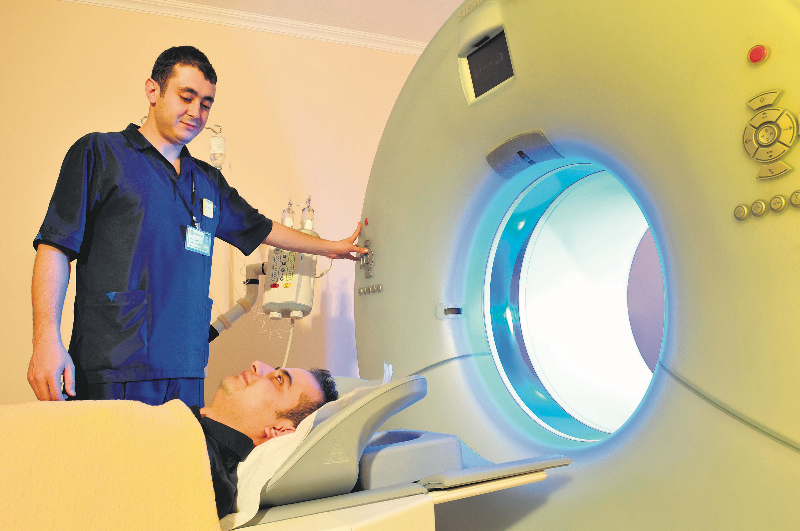AMID all the white noise emanating from Dáil Éireann last week and the major bore fest that was the Seanad election count, a report was published by the Irish Cancer Society highlighting the true extent of our two-tier health system.
If our newly elected TDs weren’t so intent on holding onto their seats and avoiding another general election, they would have perhaps taken note of one of the biggest scandals in a modern Ireland; a scandal so great that it makes all the recent grandstanding outside the GPO on Easter Sunday look just that little bit worthless and shallow.
The survey, commissioned by the Irish Cancer Society and carried out by the Irish College of General Practitioners, found that public patients face waits of up to 480 days for important tests used to diagnose cancer.
The report shows a striking difference in access to tests for cancer between the public and private system. General practitioners cited unacceptable delays across a number of areas, but highlighted tests for gynaecological, neurological, urological and head and neck cancers as particularly problematic.
Waiting times for MRI brain scans were estimated to be on average 20 times higher in the public system than the private, while the difference in average waiting times between public and private systems for abdominal and pelvic ultrasounds is 70 days.
The Irish Cancer Society says the report highlights a stark divide between those who can afford to pay for private health insurance and those who can’t.
Donal Buggy, Head of Services and Advocacy at the Irish Cancer Society, said: “The grim reality of our healthcare system is that the difference between life and death can come down to your ability to pay for healthcare.”
According to the report, 88.5 per cent of GPs surveyed said that ability to pay affected a patient’s access to referral services.
Mr Buggy added: “Early diagnosis often means a cancer is more likely to be treated successfully, intervention will be less complicated, and chances of survival may be higher. However, for the majority of the population without access to the private system, they may have to face lengthy waits that deprive them of early access to either a diagnosis or peace of mind.”
Quite rightly, the Irish Cancer Society believes that all citizens are entitled to the opportunity to live a long and healthy life – and the ability to pay for private health insurance should not determine a person’s lifespan or quality of life.
On Newstalk last week, one unemployed man told how he had been put on a public waiting list for a CT scan as his doctor was gravely concerned about his symptoms, telling him to “prepare for the worst and hope for the best”. Despite his case being marked urgent in February, he has heard nothing back about a scan date since. He can’t afford private health insurance and the cost of having a scan privately is out of his financial reach.
Needless to say, the father of three young children is sick with worry.
Since the recession, many families have had to drop the ‘luxury’ of having private health insurance. This is placing an even greater burden on the public health service; a system that has been trying to herd its patients down the private route for years.
Perhaps when our politicians get down to the business of actually running the country, they’ll have time to digest the findings of this shocking report. While the issue of water charges is important, it would be refreshing if the same amount of political energy went into fixing our chronically ill health service.
t.mccullagh@dublinpeople.com
